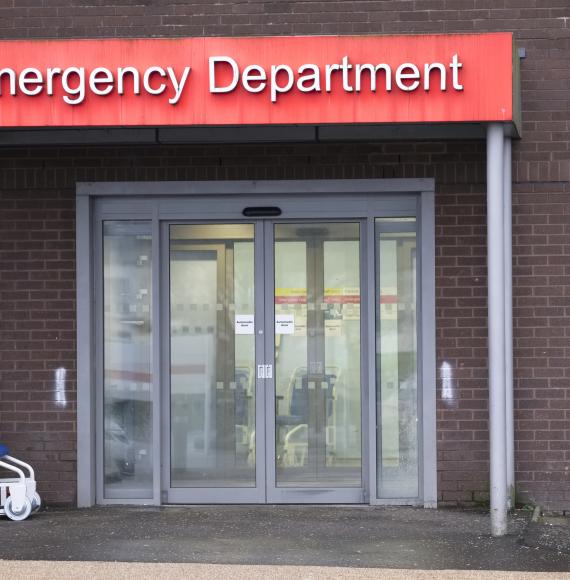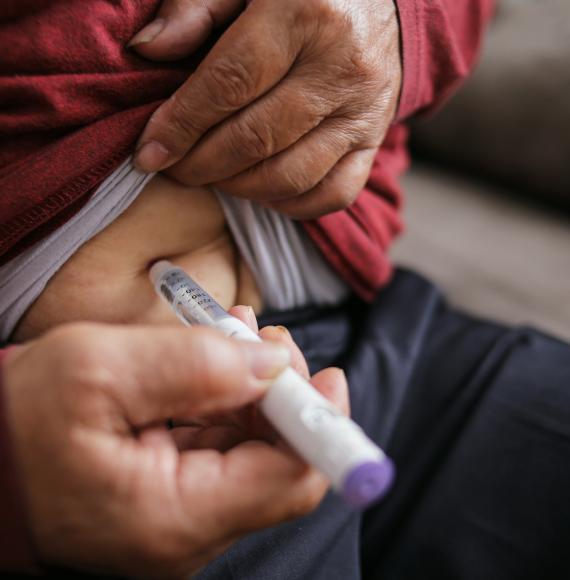Researchers at the University Hospitals of Leicester NHS Trust are seeking volunteers for a clinical study to evaluate a new vaccine against pertussis – also known as ‘whooping cough’.
Volunteers aged between six and 16 years old are now being sought by researchers to take part in the study into the common childhood illness.
Whooping cough is caused by a bacterial infection of the lungs and breathing tubes, with signs including the recognisable ‘whoop’ sound when the infected person gasps between coughs – from which the illness takes its name – as well as coughing bouts which are worse at night and bring up thick mucus.
The bacterial infection spreads very easily and can be particularly dangerous for young babies, in some cases leading to pneumonia and seizures.
The effects of whooping cough can last for more than three months.
Babies and children are routinely vaccinated against whooping cough through the NHS childhood vaccination programme, though current vaccines protect only against serious illness rather than preventing infection or transmission.

Researchers in the study are using an experimental vaccine, BPZE1, to attempt to combat infection and transmission of the disease.
The BPZE1 vaccine is a nasal spray containing a weakened version of the bacteria which cannot cause the disease but can allow for the body to begin making antibodies against it to offer future protection.
Early results in adults showed the vaccine to have no serious side effects and caused the body to produce antibodies, as expected.
Dr Srini Bandi, a Consultant in Paediatric Medicine at Leicester’s Hospitals, and Study Lead in Leicester, said: “We are looking for children and young people in good health who are between six and 16 years of age to take part in the study.
“Everyone taking part will receive a type of whooping cough vaccine. Participants will be randomly put into one of three groups: group 1 will receive the BPZE1 trial vaccine; group 2 will receive the current approved whooping cough vaccine that is given on the NHS vaccination programme, called Boostrix; and group 3 will receive both vaccine types. We will then regularly see our volunteers to monitor their health.
“This is an important study because whooping cough is on the increase among the UK population, so if we can find a way to prevent people from getting the infection and passing it onto their friends and family, then we can help keep more people healthy.”
The study will involve approximately 600 school-age children and teenagers, being ran at 16 locations in the UK and other Commonwealth countries. More information on the study can be found here.
At least 30 volunteers are hoped to be recruited at Leicester Royal Infirmary.



















